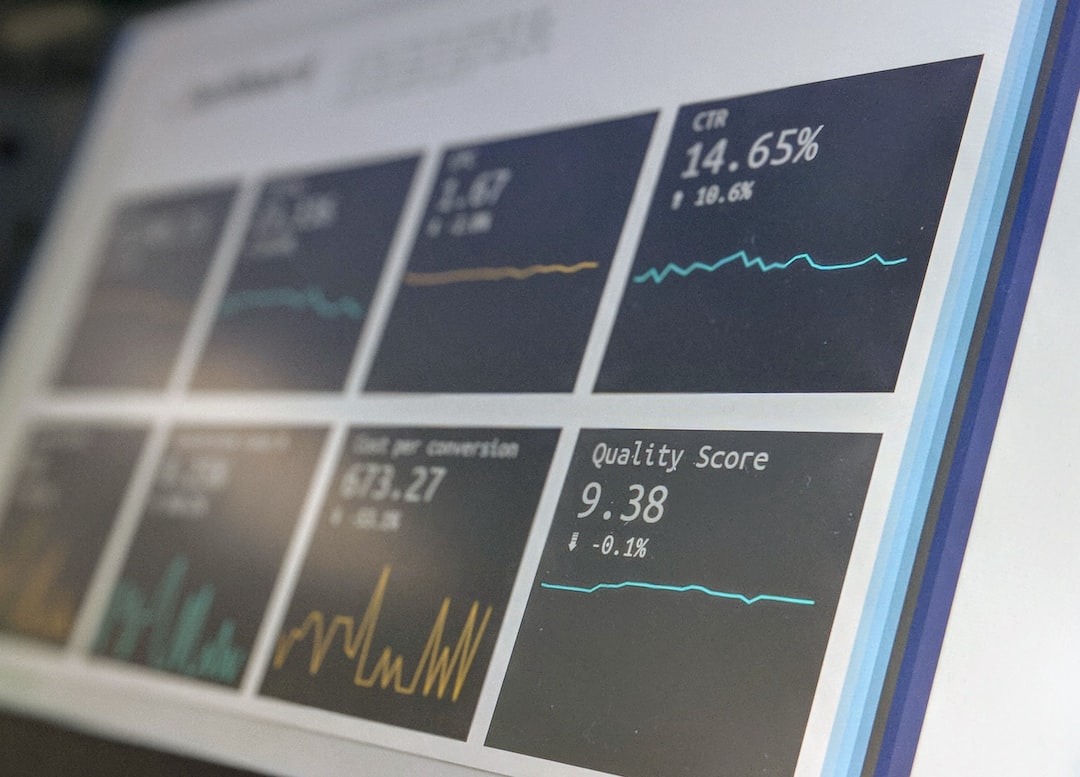The forex market is the largest financial market in the world, with an estimated daily turnover of $5.3 trillion. It is a decentralized market, meaning that it is not traded on a centralized exchange but rather through a network of banks, brokers, and other financial institutions.
Forex trading involves the buying and selling of currencies, with the aim of making a profit from the fluctuation in exchange rates. The exchange rate is the value of one currency in relation to another, and it is determined by a variety of factors, including economic and political developments, monetary policy decisions, and market sentiment.
One of the strongest trends in forex trading is the use of technical analysis. This involves the use of charts and other tools to analyze historical price movements and identify trends and patterns that may indicate future price movements.
Technical analysis is based on the premise that market movements are not random but rather follow certain patterns that can be identified and exploited. Traders who use technical analysis rely on indicators such as moving averages, trend lines, and momentum indicators to identify potential trading opportunities.
Another trend in forex trading is the use of algorithmic trading. This involves the use of computer programs to execute trades based on predefined rules and parameters. Algorithmic trading can be used to automate trading strategies and to take advantage of market opportunities that may arise at any time of day or night.
The use of algorithmic trading has become increasingly popular in recent years, with many traders using it to execute trades faster and more efficiently than they would be able to do manually.
In addition to technical analysis and algorithmic trading, the forex market is also influenced by a variety of economic and political factors. These include interest rates, inflation, economic growth, geopolitical events, and central bank policy decisions.
For example, changes in interest rates can have a significant impact on exchange rates, as higher interest rates tend to attract foreign investment and increase demand for a currency. Similarly, economic growth and inflation can affect exchange rates, as stronger economies tend to attract investment and increase demand for a currency.
Geopolitical events such as wars, natural disasters, and political upheavals can also have a significant impact on exchange rates, as they can disrupt economic activity and create uncertainty in financial markets.
In conclusion, the forex market is a complex and dynamic market that is influenced by a wide range of factors. While technical analysis and algorithmic trading are among the strongest trends in forex trading, traders must also be aware of economic and political developments that can affect exchange rates. To be successful in forex trading, traders must stay informed and adapt their strategies to changing market conditions.


